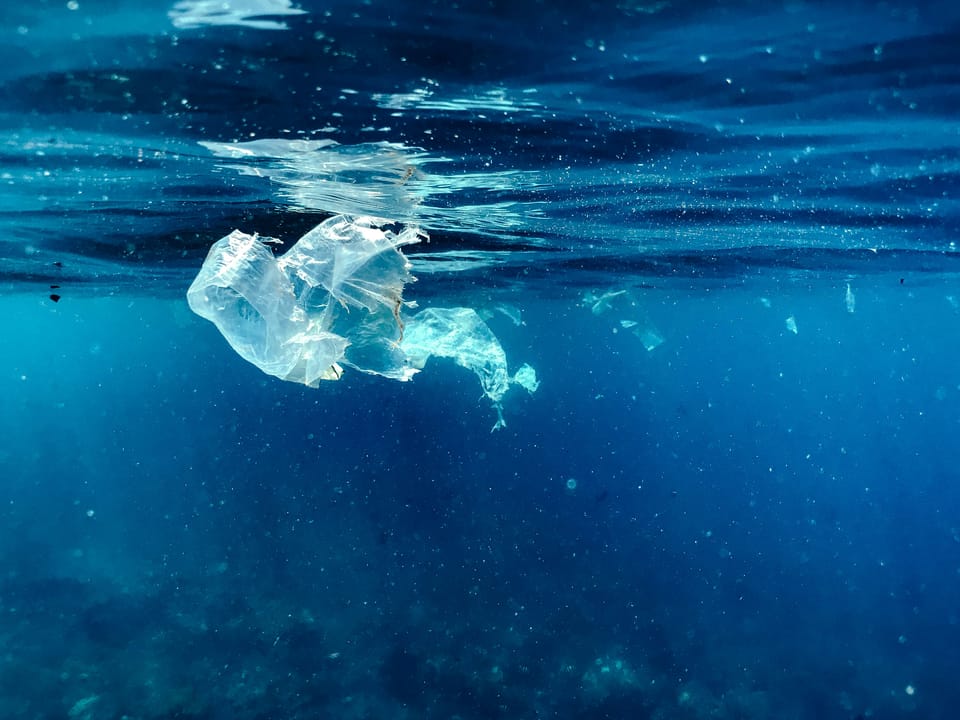Clorox fined US$5.2mn for misleading consumers on origin of recycled plastics

US multinational firm Clorox has been fined by the Australian Competition and Consumer Commission (ACCC) for misleading consumers with a claim that its garbage bags were made of 50% recycled “ocean plastics”.
The firm will have to pay A$8.25 million (US$5.22 million) in penalties after admitting that it misled consumers with its GLAD to be GREEN garbage bags – which claimed to be made of 50% recycled “ocean plastic”, but were in fact made with plastic waste collected from communities in Indonesia with no formal waste management systems, and located up to 50 kilometres from a shoreline.
The products’ fine print specified that the recycled content came from “ocean bound plastic that is collected from communities with no formal waste management system within 50 km of the shore line”. But with the front of the packaging bearing the “ocean plastic” claim alongside blue colour and wave imaging, ACCC considered that the fine print statement was “insufficient to dispel the false or misleading ocean plastic representation”.
‘A serious breach of trust’
Between June 2021 and July 2023, more than 2.2 million Clorox products bearing this claim were sold in Australia.
“Claims about environmental benefits matter to many consumers and may impact their purchasing behaviour. When those claims are false or misleading, this is a serious breach of trust, as well as the Australian Consumer Law,” said ACCC Chair Gina Cass-Gottlieb.
“This is also a significant matter because consumers have limited or no ability to independently verify the accuracy of the claims made on packaging and it also disadvantages competitors who are accurately communicating their environmental credentials,” she added.
Clorox was also ordered to create an Australian Consumer Law compliance program, publish a corrective notice on its website, and pay part of the ACCC’s legal costs.
Evolving greenwashing litigation landscape
The case is representative of the increased sophistication in greenwashing attempts – and greater attention to detail from regulators: Clorox didn’t lie about the recycled plastic content of its products, but misled consumers as to the origin of the plastic waste used.
Earlier this year, Adidas was ordered by a German court to stop saying it would be “climate neutral” by 2050, on the basis that this claim was too vague and not backed by a concrete strategy.
And in the US, Apple is being sued by buyers of its “carbon-neutral” Apple Watch after they found out that the offsets used to make this claim “fail to provide genuine, additional carbon reductions”.
Purpose, greenwashing and the CSOxCMO relationship: Watch CSO Futures’ sustainable marketing webinar







Member discussion